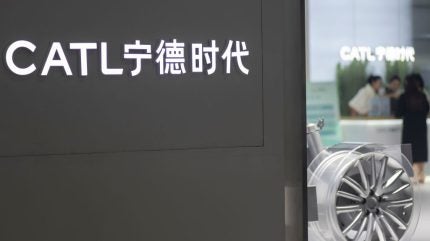
Dutch automobile firm Stellantis and Chinese battery producer CATL have announced plans for a $4.3b factory in northern Spain, Reuters has reported. They expect production at the factory to begin in 2026 and have formed a 50-50 joint venture to undertake the project.
According to the firms, who signed a memorandum of understanding in 2023, the factory could potentially reach 50 gigawatt hours.
The batteries will contribute to auto production in Spain, which houses brands such as Peugeot, Citroen, Fiat, Opal, Alfa Romeo and Lancia.
The agreement follows a year of negotiations between Stellantis and the Spanish government, during which Madrid gave the Dutch company $376.8m in subsidies which has been split between three of its production plants in Spain, according to El País.
This represents the largest investment in a battery factory to date in Spain. Stellantis chairman John Elkan said the collaboration will bring “innovative battery production to a manufacturing site that is already a leader in clean and renewable energy.”
CATL chairman and CEO Robin Zeng met with Spanish PM Pedro Sanchez in Madrid on Monday.
The investment comes a few months after the EU voted to increase tariffs on Chinese electric vehicles entering the European market. They accuse the firms of benefitting from excessive government subsidies and diluting domestic competition.
During deliberations over the tariffs, Spain unexpectedly broke away from the Commission’s view as Sanchez urged his country’s partners to “reconsider” tariffs. Spain is a major exporter of pork to China, and the hesitancy may have come out of fear of retaliation.
Europe has been trying to increase domestic production of EV batteries to reduce reliance on Asia.




